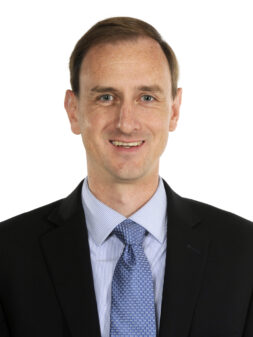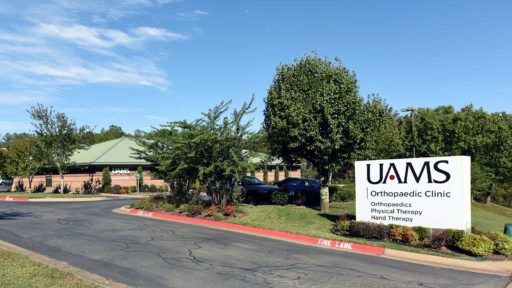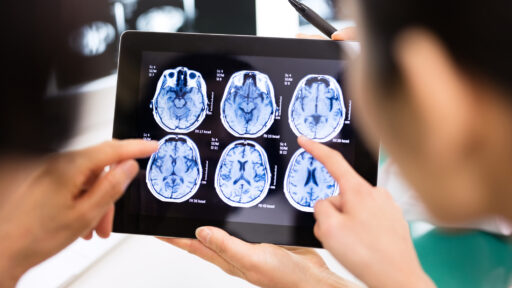Also called: Spinal deformity
Ankylosing spondylitis is a type of arthritis of the spine. It causes inflammation between your vertebrae, which are the bones that make up your spine, and in the joints between your spine and pelvis. In some people, it can affect other joints.
AS is more common and more severe in men. It often runs in families. The cause is unknown, but it is likely that both genes and factors in the environment play a role.
Early symptoms of AS include back pain and stiffness. These problems often start in late adolescence or early adulthood. Over time, AS can fuse your vertebrae together, limiting movement. Some people have symptoms that come and go. Others have severe, ongoing pain.
A diagnosis of AS is based on your medical history and a physical examination. You may also have imaging or blood tests.
AS has no cure, but medicines can relieve symptoms and may keep the disease from getting worse. Eating a healthy diet, not smoking, and exercising can also help. In rare cases, you may need surgery to straighten the spine.
NIH: National Institute of Arthritis and Musculoskeletal and Skin Disease
Courtesy of MedlinePlus from the National Library of Medicine.
Syndicated Content Details:
Source URL: https://medlineplus.gov/ankylosingspondylitis.html?utm_source=mplusconnect&utm_medium=service
Source Agency: National Library of Medicine
Ankylosing spondylitis
Ankylosing spondylitis is a form of painful, ongoing joint inflammation (chronic inflammatory arthritis) that primarily affects the spine. Early symptoms of ankylosing spondylitis typically begin between the ages of 15 and 30. Most commonly, affected individuals first experience chronic back pain and stiffness. This pain worsens with rest or inactivity, and tends to be relieved with physical activity or exercise.
Pain in ankylosing spondylitis results from inflammation of the joints between the pelvic bones (the ilia) and the base of the spine (the sacrum). These joints are called sacroiliac joints, and inflammation of these joints is known as sacroiliitis. The inflammation gradually spreads to the joints between the vertebrae, eventually involving the whole spine, causing a condition called spondylitis. Over time, back movement gradually becomes limited as the bones of the spine (vertebrae) fuse together. This progressive bony fusion is called ankylosis. These fused bones are prone to fracture.
Ankylosing spondylitis can involve other joints as well, including the shoulders, hips, and, less often, the knees. As the disease progresses, it can affect the joints between the spine and ribs, restricting movement of the chest and making it difficult to breathe deeply.
Ankylosing spondylitis affects the eyes in more than 30 percent of cases, leading to episodes of eye inflammation called acute iritis. Acute iritis typically affects one eye at a time and causes eye pain and increased sensitivity to light (photophobia). Rarely, ankylosing spondylitis can also cause serious complications involving the heart, lungs, and nervous system. Six to 10 percent of people with ankylosing spondylitis have additional inflammatory disorders such as psoriasis, which affects the skin, or ulcerative colitis or Crohn's disease, which both affect the digestive tract.
Courtesy of MedlinePlus from the National Library of Medicine.
Syndicated Content Details:
Source URL: https://medlineplus.gov/genetics/condition/ankylosing-spondylitis?utm_source=mplusconnect&utm_medium=service
Source Agency: National Library of Medicine







